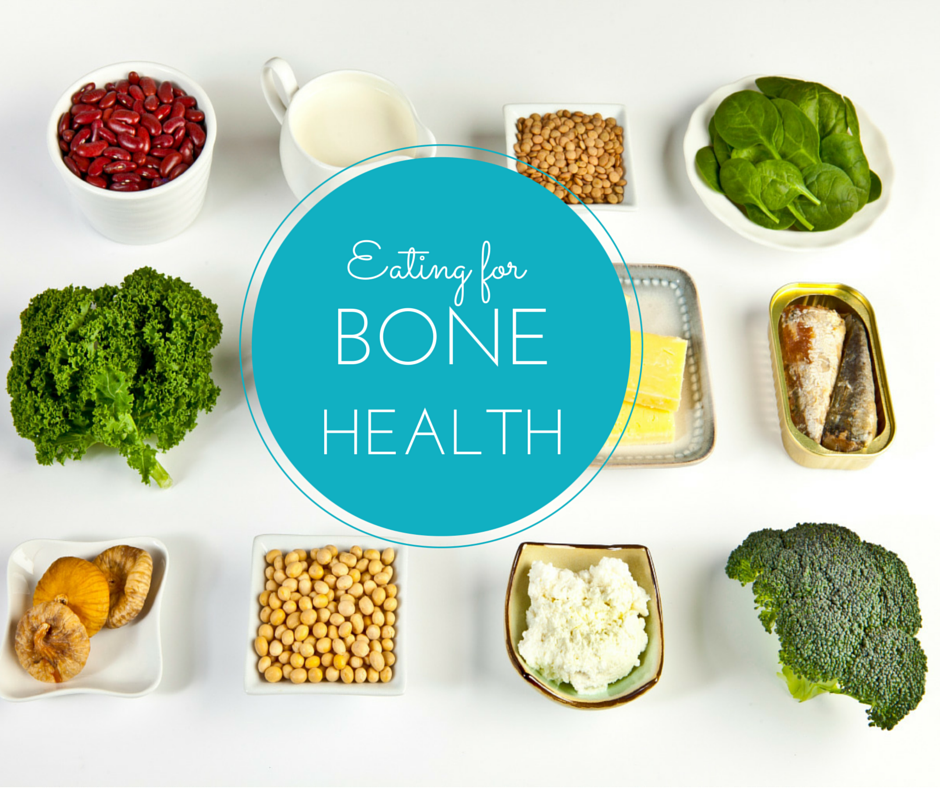Nutrition for Bone Health
As we age, our bones become more prone to fractures and other bone-related diseases due to the loss of bone density. In order to maintain healthy and strong bones, it is important to have a diet that is rich in nutrients that support bone health. Admin has compiled a list of essential nutrients that are important for maintaining strong bones and preventing bone-related diseases.

Calcium
Calcium is one of the most important nutrients for bone health. It is essential for bone growth and maintenance. The recommended daily intake of calcium for adults is 1000 mg. Calcium-rich foods include dairy products, such as milk, cheese, and yogurt, as well as leafy green vegetables like kale and spinach. Calcium supplements are also available for those who cannot get enough calcium from their diet.
Vitamin D
Vitamin D is essential for the absorption of calcium. It helps the body to absorb calcium from the food we eat and plays a vital role in bone growth and maintenance. Sunlight is the best source of vitamin D, but it can also be found in fatty fish, such as salmon and tuna, as well as egg yolks and fortified foods like milk and cereal.
Magnesium
Magnesium is another important nutrient for bone health. It helps the body to absorb calcium and works together with calcium to maintain strong bones. Foods that are rich in magnesium include nuts, seeds, beans, and leafy green vegetables.
Phosphorus
Phosphorus is important for bone growth and maintenance. It works together with calcium to make up the mineral structure of bones. Foods that are rich in phosphorus include dairy products, fish, poultry, and meat.
Exercise
Along with a healthy diet, exercise is important for maintaining strong bones. Weight-bearing exercises, such as walking, running, and weightlifting, help to build and maintain bone density. It is recommended that adults engage in at least 30 minutes of weight-bearing exercise every day.
Advantages
- Helps to maintain strong bones
- Prevents bone-related diseases
- Improves overall health
Disadvantages
- May not be suitable for those with certain medical conditions
- May interact with certain medications
- May be expensive for those who need to take supplements
Conclution
Having a diet that is rich in nutrients that support bone health is essential for maintaining strong bones and preventing bone-related diseases. Along with a healthy diet, exercise is also important for maintaining strong bones. Admin recommends that adults engage in at least 30 minutes of weight-bearing exercise every day to maintain strong and healthy bones.
FAQ
What are the best sources of calcium?
The best sources of calcium include dairy products like milk, cheese, and yogurt, as well as leafy green vegetables like kale and spinach.
What is the recommended daily intake of calcium?
The recommended daily intake of calcium for adults is 1000 mg.
How can I get enough vitamin D?
The best source of vitamin D is sunlight. You can also get vitamin D from fatty fish like salmon and tuna, as well as egg yolks and fortified foods like milk and cereal.
What kind of exercise is best for maintaining strong bones?
Weight-bearing exercises, such as walking, running, and weightlifting, are best for maintaining strong bones.
